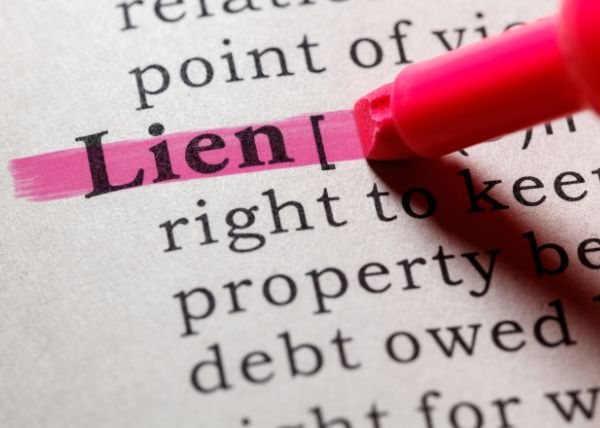A lien is a right to claim a portion of your personal injury settlement. It may be awarded to a third party with a valid interest in your case.
Liens are a normal part of most personal injury cases.
Who can file a lien against your case?
Hospitals and other medical providers have the ability to file a lien to ensure that your medical bills get paid.
Your own health insurance may not file a lien on anything other than a no-fault claim unless you used Medicaid, Medicare, workers’ compensation insurance, or self-funded ERISA health plans.
If you have Medicaid or Medicare, you must report personal injury claims. If you fail to do so, you lose your insurance.
Do liens help or hurt you?
Believe it or not, liens can help you.
Personal injury cases drag on for a long time. Your local hospital’s billing department usually generates invoices for you long before you see a dime of settlement money.
Few people have thousands of dollars sitting around, so those bills go unpaid.
Soon collection agents are calling. If the plaintiff ignores them for too long, the hospital might sue. A lawsuit could mean garnished wages, levies against your bank account, the loss of tax returns, or the loss of your home. A lawsuit may also wreck your credit.
Liens can stop this train before it goes off the rails and forces you to declare bankruptcy. When collection agents call, you can tell them to talk to your lawyer. Your lawyer may well negotiate a lien just to get these creditors off your back.
What can a personal injury attorney do about liens?
There are two ways personal injury attorneys can help with liens.
The first is to factor them into your settlement. If the attorney knows liens will take a big bite out of your settlement, they might try to negotiate for more money.
The second is to negotiate with the entity imposing the lien. For example, we have sometimes been successful at convincing hospitals to settle their liens for less than they owe, which means less money in their pockets and more in your own.
How Liens are Paid
Usually, your attorney receives the settlement funds first. Your attorney pays funds out to everyone who has a lien first. Then the attorney deducts your legal fees. The rest goes straight to you.
That said, it’s not unheard of for a check to pass directly to a plaintiff with no liens paid out. When this happens, your best bet is to pay off the lienholders. If you fail to do so, they can sue you for the funds.
You can always ask your lawyer if they looked for liens and paid them out before giving the check to you. If so, your money is yours, free and clear.
Get Help Today
While you might not love the idea of paying a contingency fee any more than you enjoy the thought of paying a lien, we can assure you that having a lawyer will work out in your favor. You’re likely to receive far more money with a lawyer’s help than you ever would have received on your own, even after legal fees are accounted for.
Plus, without a lawyer’s help, you won’t have anyone negotiating on your behalf when hospitals and insurance companies come looking for money.
If you’ve been involved in an accident, don’t delay. Reach out to our office to get help today.



